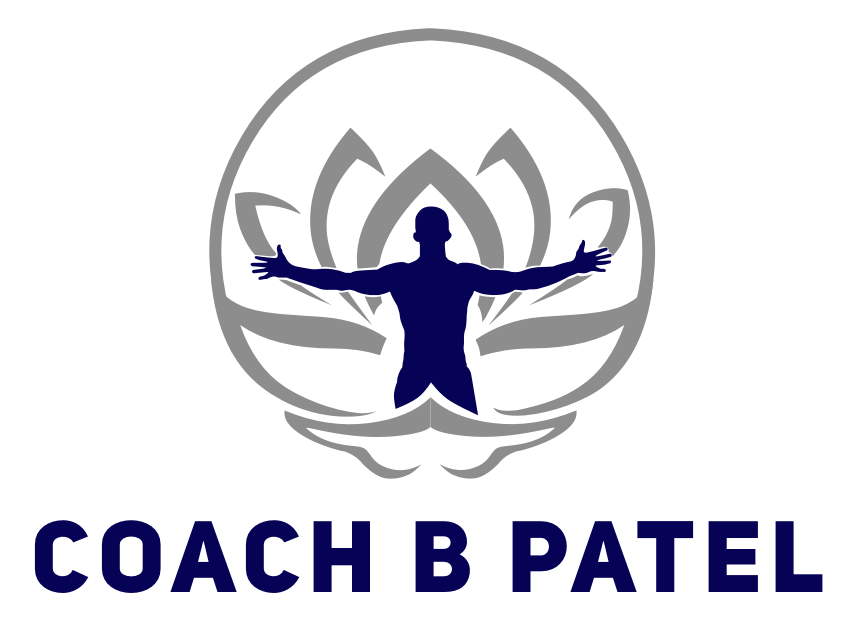Periodization
My new group of interns started this past week and they have been asking some great questions so far. The first one that was asked was about my periodization scheme. This was a great question that sparked some really good conversation amongst us all.
Periodization is essentially having a plan and really guides you as a coach on how you plan on progressing your athletes and team.
If you have to apply a name to the model I use, it would be called a concurrent undulating model. In a concurrent scheme, we are going to address many qualities simultaneously..speed, power, strength, and conditioning.
The opposite of this model is the Block model where concentrated loadings are used and one primary quality is addressed.
This model is used for higher level athletes (training age of at least 3 years) where their rates of improvement are not as great as when they were beginners.
The athletes that I see need work in many areas and are not high level by any means. With the concurrent model, I find that we can address many qualities at once, but one will be emphasized more than the others.
We can dedicate more time (volume) to a specific quality but our goal is to include threads of other qualities of our training throughout the off-season.
I like to take a holistic view point of training and the impact that it has upon an individual.
No component of training lives in isolation.
Every quality contributes to the development of another quality in some way.
Improving strength can improve power and speed.
Improving power can also have an impact upon an athletes ability to produce force.
Improving strength can increase an athletes movement efficiency which can improve their conditioning.
All athletes will need a variety of general qualities to improve their sporting performance.
If the goal is to improve one quality over another, then more time should be given to that particular quality. That is why we can prioritize a quality within a given time period but also still address other qualities.
The undulating part of the model describes the non-linear way that volume is assigned week to week.
We know that volume is the key indicator when it comes to overreaching and overtraining.
This is the variable that we want to manipulate to increase stress on the body so we can induce an adaptation and increase overall work capacity.
Here is how volume is manipulated with a 4 week phase:
Week 1 - BASE WEEK - moderate volume
Week 2 - LOAD WEEK - high volume (increase intensity as well)
Week 3 - LOAD WEEK - low volume (increase intensity again)
Week 4 - UNLOAD WEEK - lowest volume - (allows supercompensation to occur and allows athlete to progress)
In an off-season program progression from the post-season to the pre-season we assign a certain percentage (time/volume) towards certain areas...below is a rough estimate on how I much time/volume we allocate to a certain quality:
| Quality | Post-Season | Phase 1 | Phase 2 | Phase 3 | Phase 4 | Pre-Season |
|---|---|---|---|---|---|---|
| Hypertrophy | 50% | 35% | 25% | 15% | 5% | 5% |
| Strength | 20% | 30% | 40% | 40% | 35% | 15% |
| Power | 10% | 10% | 10% | 15% | 25% | 25% |
| Speed | 0% | 5% | 10% | 15% | 15% | 20% |
| Conditioning | 20% | 20% | 15% | 15% | 20% | 35% |
Our goal in our post-season phase and phase 1 is to improve lean muscle mass, and develop an aerobic base and start to address some speed and power.
As we progress, we start to emphasize more strength, speed and power development and our conditioning decreases so we can really focus on these other areas.
As we get closer to the season, the emphasis shifts to speed and power as these are the qualities we want to "peak" as we get closer to the season so we are prepared for pre-season.
And our pre-season phase (which is really the 3-6 weeks before the actual start of the season) is heavy on conditioning, speed and power as we want to be sure we can handle the rigors and demands of the competitive season as well as having our bodies prepared to handle the high forces at high velocities that their bodies will undertake during competitive sports.
This is a very macroscopic view point of how I would progress an athlete and a team throughout an off-season.
As always send me a message to learn more and see how I can help you develop your own programs. Coachb@coachbpatel.com

